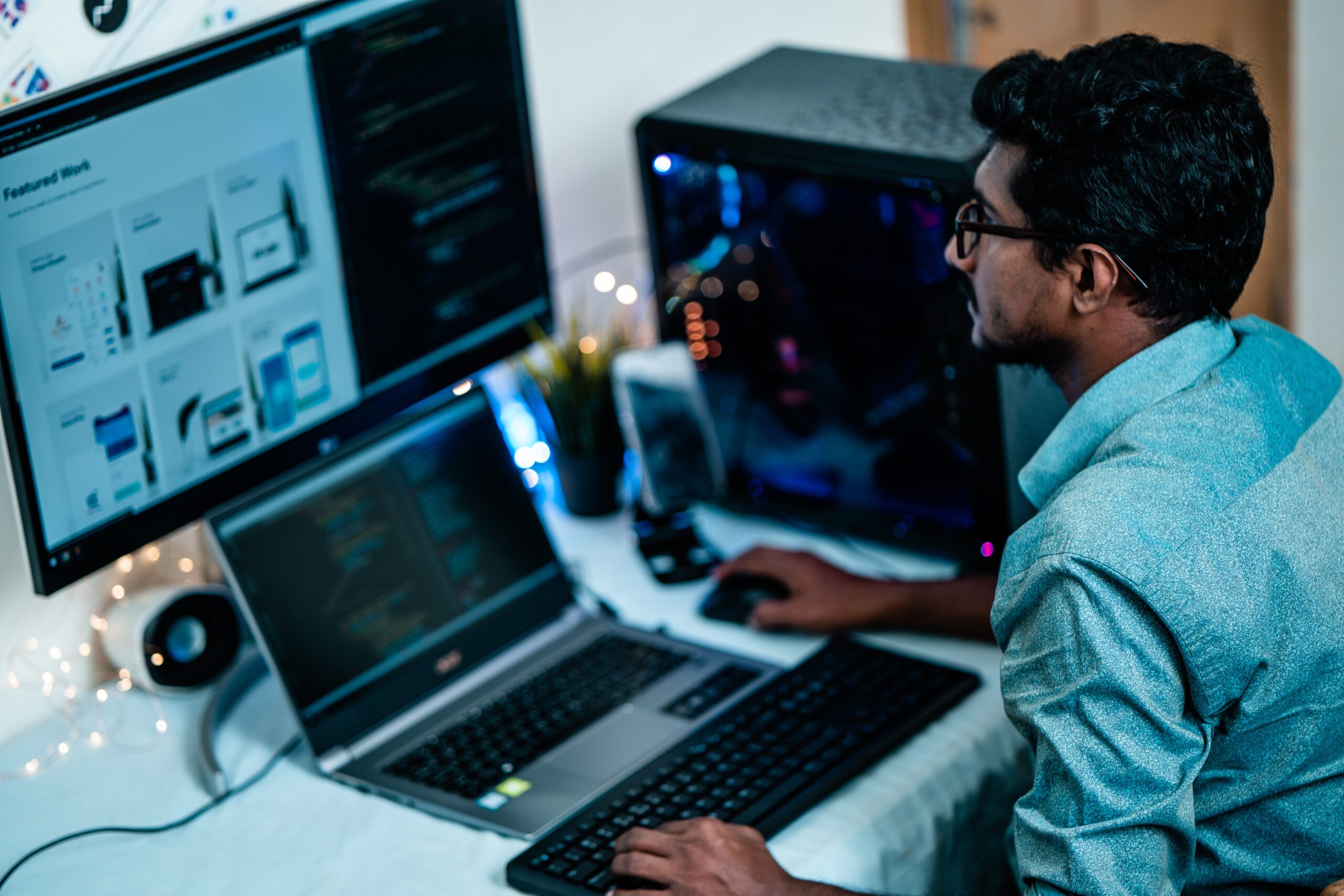Stress management with screens :
In our modern world, screens are omnipresent. Whether on computers, smartphones, tablets or televisions, we spend much of our day interacting with them. While these technological tools have brought many benefits, it's important to understand their impact on stress and general well-being.
Stress is our body's natural reaction to difficult or demanding situations. It's a response that helps us cope with challenges. However, when stress becomes chronic, it can have harmful effects on our mental and physical health.
An American scientific study (https://www.ncbi.nlm.nih.gov/pmc/articles/PMC6465981/) has revealed an interesting relationship between screen use and stress. It seems that people who consider themselves screen-dependent are generally more stressed, and use these technologies more frequently for entertainment and social networking.
However, it is important to note that this feeling of dependence is not necessarily linked to the existence of real stress. In fact, the same study showed that individuals experiencing financial, relational, exam-related or health-related stress tend to turn to screens more intensively. It seems, then, that the use of screens can be a form of escape or distraction from these stressful situations.
Excessive screen use can also lead to stress. Indeed, spending long hours in front of a screen can lead to sleep problems, reduced physical activity and a more sedentary lifestyle, all of which can increase stress levels.
The study revealed that most people, whether stressed or not, use screens primarily to follow the news and gather information. However, those who feel dependent on screens use them more for entertainment and social networking. What's more, people who use screens for work feel less stress and are more satisfied with their lives.
What's more, the use of social networks can also contribute to increased stress. Social comparison, fear of missing out or online harassment are all stress factors linked to social networking.
Screen addiction seems to be both a cause and a consequence of stress. It is therefore crucial to adopt a balanced and conscious use of technology to preserve our mental and physical well-being.
Excessive use of screens can increase our stress levels. Constant notifications, streaming information and the pressure of constant connection can overwhelm us and create feelings of stress. What's more, spending long hours in front of a screen can disrupt our sleep, which can also increase our stress levels.
It's also important to note that the type of content we consume on our screens can affect our stress levels. For example, constantly reading negative news or comparing ourselves to others on social networks can increase our feelings of anxiety.
A few tips:
It's essential to find a balance and manage our screen use in a healthy way. Here are a few strategies that can help:
- Set limits: Set screen-free times each day. This can be during meals, before bedtime, or at any time that suits you.
- Use technology to your advantage: Many applications can help you limit the time you spend on certain sites or disable notifications during certain periods.
- Be aware of what you consume: Try to limit your exposure to negative news and don't use social networks as a measure of your self-worth.
- Take regular breaks: If you work in front of a screen, take the time to take a break every hour or so. This can be as simple as a walk, a stretch or even a little meditation.
- Practice sleep hygiene: Avoid exposure to blue light from screens before bedtime, as it can disrupt your sleep.
In conclusion, while screens are an integral part of our daily lives, it's essential to understand their impact on our stress levels and take steps to manage our screen use in a healthy way. Ultimately, it's about finding a balance that allows us to enjoy the benefits of technology while minimizing the negative effects on our well-being.
Reference :
